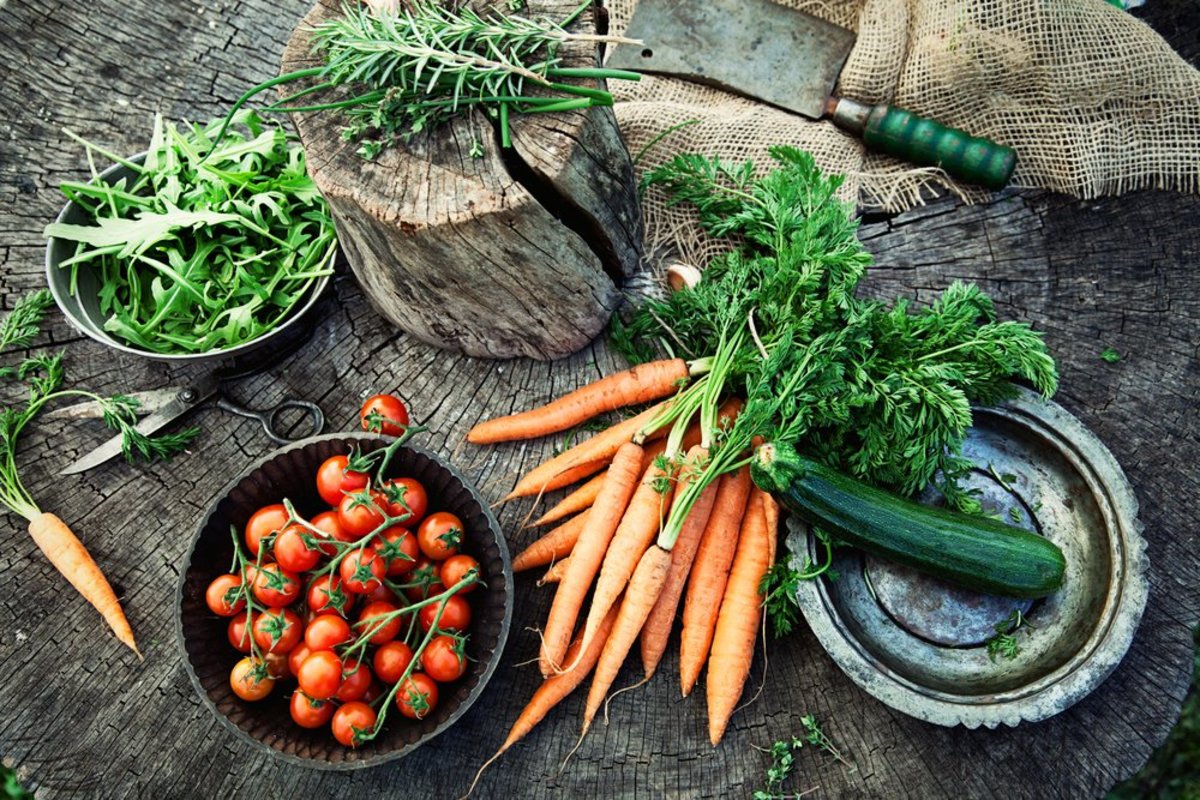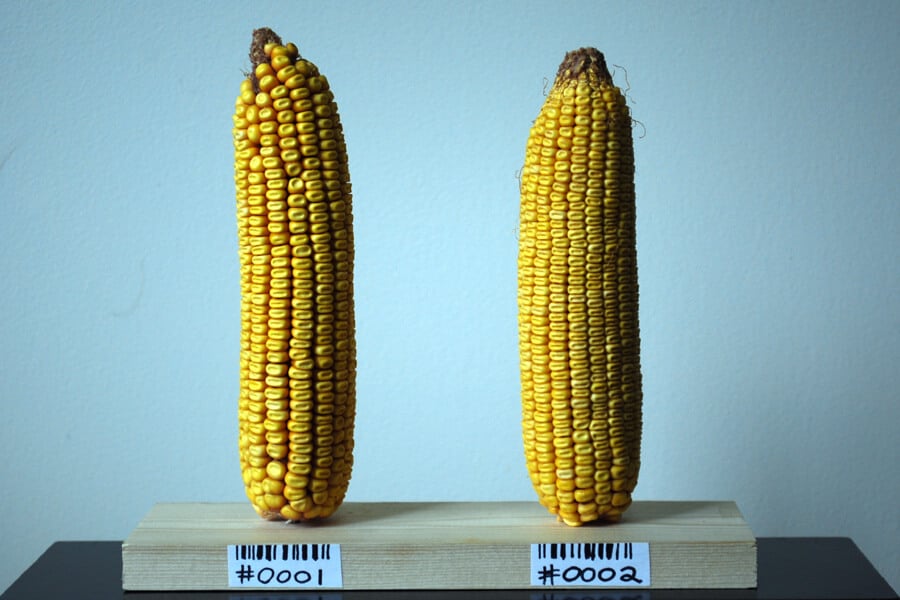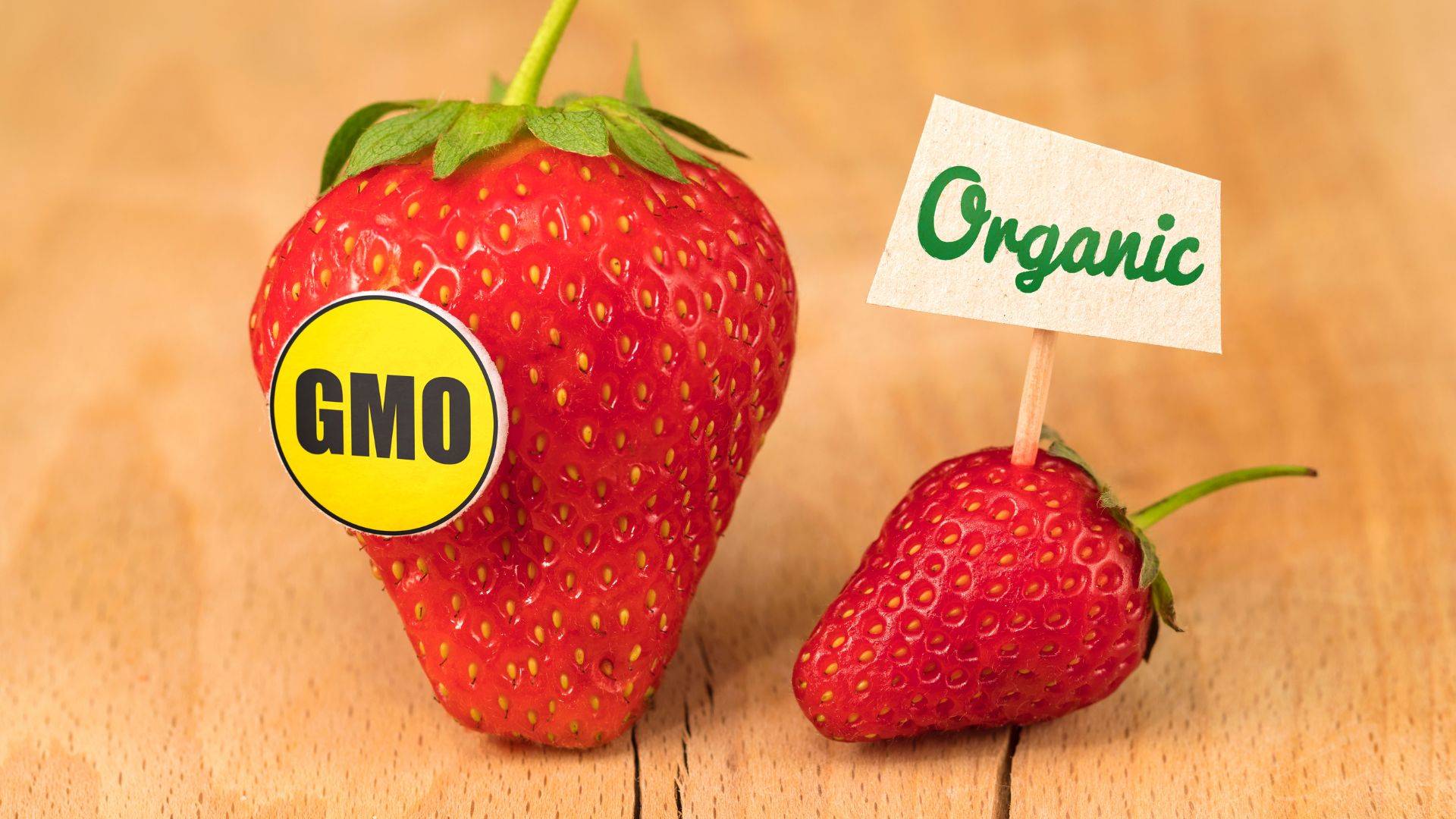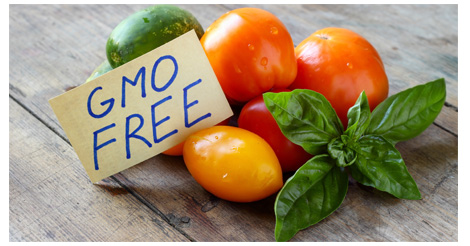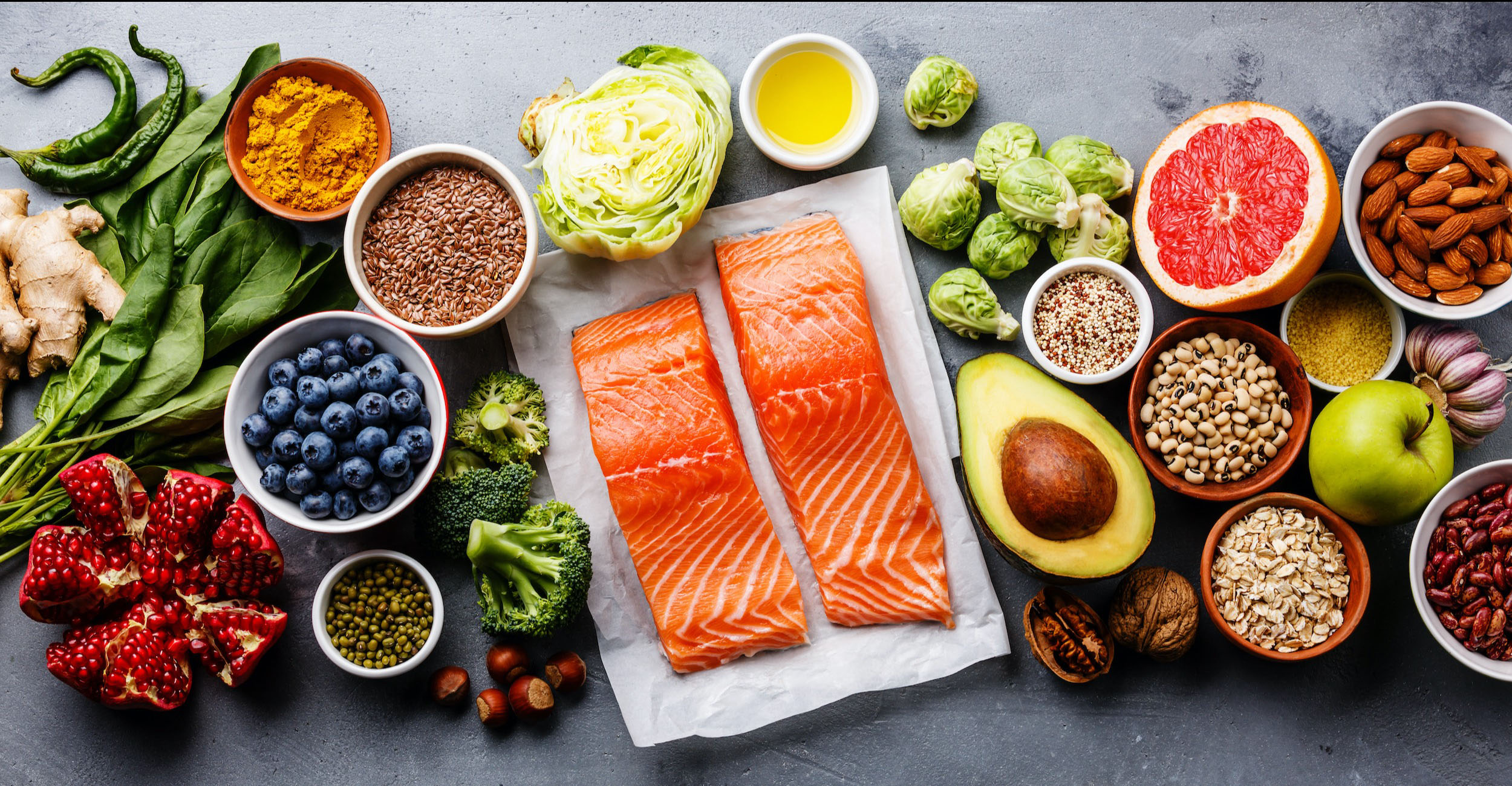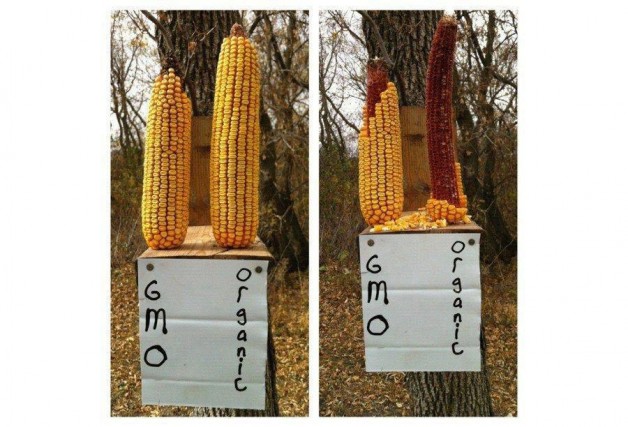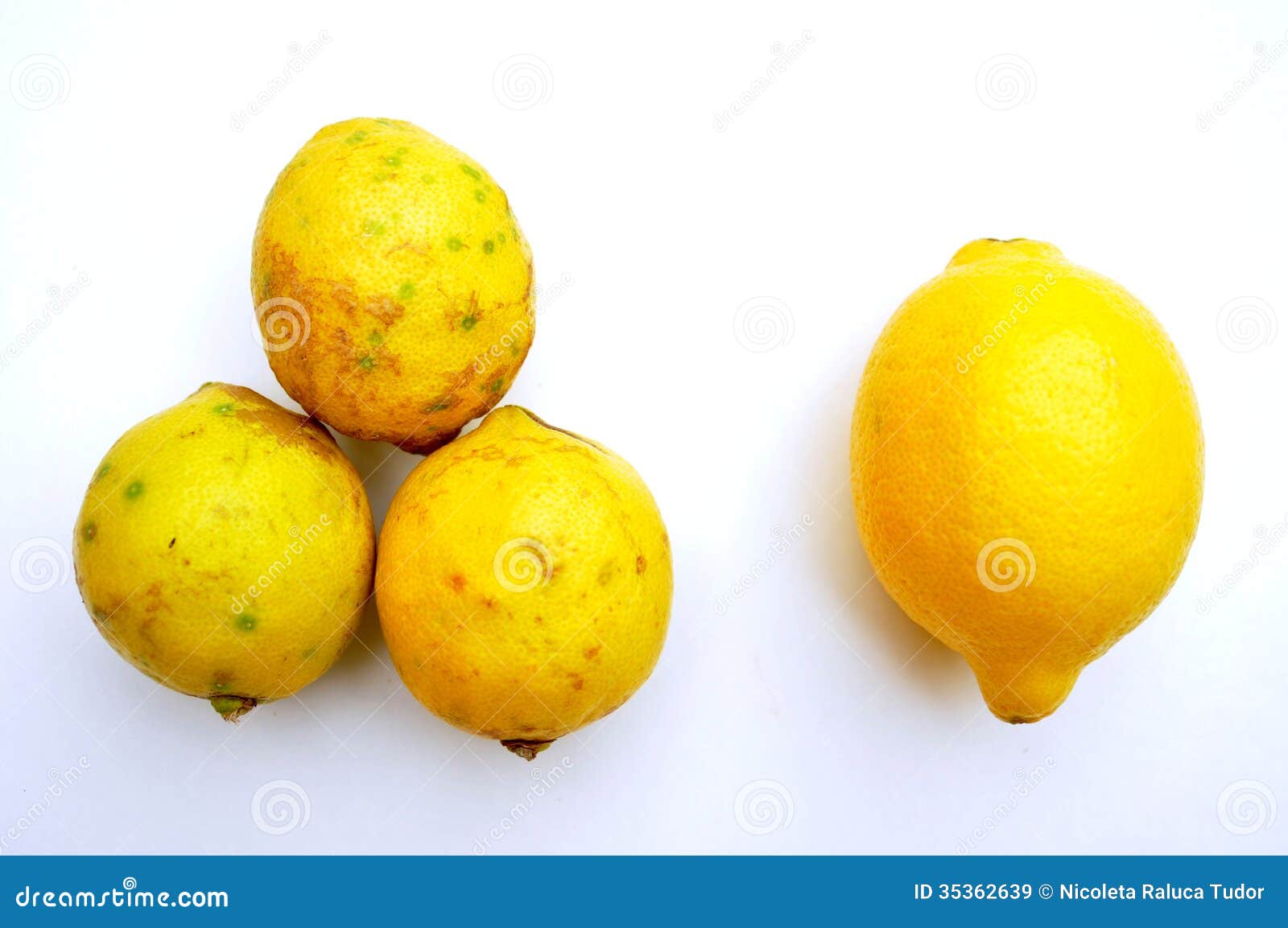Genetically modified organisms (GMOs) and organic food are two distinct categories of food that have some important differences. GMOs are plants or animals that have had their genetic material artificially altered in a laboratory setting, while organic food is produced using methods that do not involve synthetic pesticides, herbicides, or fertilizers.
One key difference between GMOs and organic food is the way in which they are produced. GMOs are created through a process called genetic engineering, which involves the insertion of specific genes from one organism into another. This allows scientists to transfer traits or characteristics from one organism to another, such as resistance to pests or the ability to grow in adverse conditions. Organic food, on the other hand, is produced using natural methods that do not involve synthetic chemicals or genetically modified organisms.
Another difference between GMOs and organic food is the impact they have on the environment. Some people argue that GMOs can help reduce the use of synthetic pesticides and herbicides, which can have negative effects on the environment. However, others argue that the long-term effects of GMOs on the environment are unknown and that there may be unintended consequences. Organic food, on the other hand, is produced using methods that aim to minimize negative impacts on the environment and promote sustainable agriculture.
A third difference between GMOs and organic food is the way in which they are regulated. In the United States, GMOs are regulated by the Environmental Protection Agency (EPA), the Food and Drug Administration (FDA), and the United States Department of Agriculture (USDA). These agencies are responsible for ensuring the safety of GMOs for human consumption and the environment. Organic food, on the other hand, is regulated by the USDA through the National Organic Program (NOP). The NOP sets standards for the production and labeling of organic food, including requirements for the use of natural methods and the exclusion of synthetic chemicals and GMOs.
In conclusion, GMOs and organic food are two distinct categories of food that have some important differences. GMOs are produced through genetic engineering, while organic food is produced using natural methods that do not involve synthetic chemicals or genetically modified organisms. GMOs are regulated by several government agencies, while organic food is regulated by the USDA through the National Organic Program. These differences can have important implications for the way food is produced, the impact it has on the environment, and the way it is regulated.
